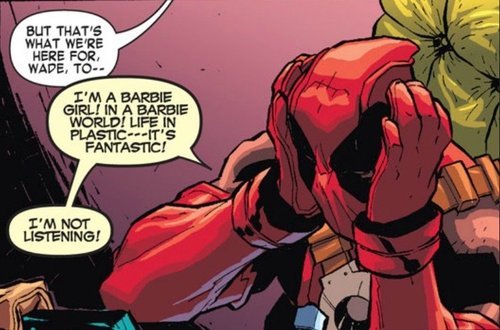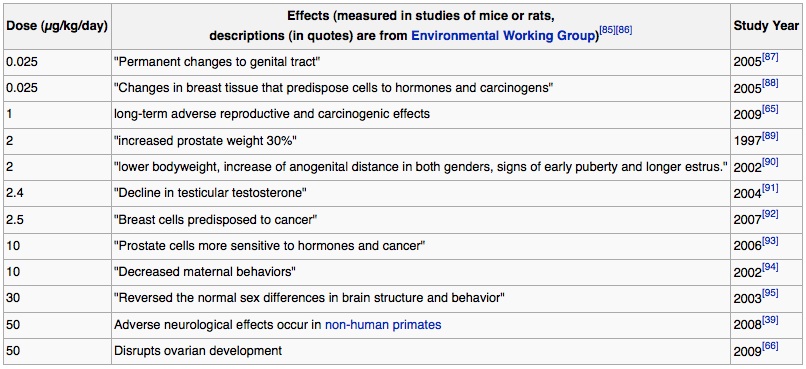28.9.14 12:36
Vai nav savādi, ka tie, kuri "netic sazvērestības teorijām", pilnīgi neko par tām nezina?Un vai nav interesanti, ka tie, kuri tajās piedalās un valda pār tiem, kuri tām netic, par to eksistenci sevišķi nešaubās?

Culture and Objectivity
Since culture is not objective, it must be subjective, at least to some degree.
To the degree that culture is subjective, it cannot make reference to any objective facts or realities. For instance, if I say, “I like vanilla ice cream,” I am expressing a subjective preference – quite distinct from saying, “Objectively, vanilla is the best flavour of ice cream.”
Furthermore, if I say not only that vanilla ice cream is the best flavour objectively, but also that it is immoral to prefer any other flavour, and moral to prefer vanilla, then clearly I am going far beyond the bounds of rationality.
Not only am I claiming that vanilla is objectively “best,” but also that it is the only moral ideal, and that any preference for any other flavour is immoral.
The elevation of a subjective preference to an objective ideal – especially when it involves ethics – is simply called bigotry.
Thus culture, by elevating subjective preferences for local customs to objective – and often moral – ideals, is merely a species of petty, self-righteous, pompous, false, prejudicial and ugly bigotry.
Culture is the most dangerous lie in the world, because false moral ideals are always required for the execution of evil.
Now, what is moral must be enforced – thus by turning subjective preferences into “objective morality,” culture opens wide the hellish gates of violent control.
In other words, by turning violence into virtue, culture not only excuses violence – culture creates violence.
What Slaves Really Fear
Culture can thus be accurately viewed as a set of moral mythologies that are used to create, justify and extend violence against the majority of individuals.
What is it, then, that prevents us from shrugging off these choking and enslaving falsehoods?
In other words, who are you most afraid of?
If you start to speak the truth about culture, mythology, exploitation and violence, whose response frightens you the most?
If you openly speak about the simple reality that the state is violence, are you afraid that black-suited SWAT teams will burst through your windows and drag you off to Guantanamo Bay?
If you say that religious superstition is an exploitive lie, that the New York attacks were an unjust retaliation to far more unjust American attacks upon Muslims, that soldiers are merely men paid to kill others, like any hit-men – whose response do you fear the most?
There is a reason that we do not say these things.
There is a reason that we smile and nod and wave our flags and cheer our leaders and refuse to speak the simple truths that would inevitably set us free.
That reason is not that we are afraid of our leaders, or their thugs, or their jails, or their tortures.
The reason that we bite our tongues is that we are afraid of each other.
Why We Are Talking About Culture…
The reason that we are talking about culture and statism and religion – rather than only your personal relationships – is this:
The moment that you begin to speak the truth – a prerequisite for any form of intimacy – you will be attacked by your fellow slaves.
The question, then, since no one likes to be attacked, is: why bother speaking the truth at all?
Well, we speak the truth because we want the future to be different from the present – our own personal future, in terms of having honor, honesty and integrity in our personal relationships – and the future of the world, which yearns and deserves to be free.
If you truly take on the concepts in this book – if you speak openly and honestly about the truth – you will be endlessly attacked, your life will become very difficult in countless ways, and very few of your existing relationships – if any – will survive your new honesty.
Now, I could tell you that somewhere beyond the darkness that you will be cast into, lies a golden land of beauty, intimacy, love, laughter and true and deep friendship.
However, I cannot tell you that.
I cannot tell you that, because I cannot guarantee that.
You may be for various reasons stuck in a small town full of patriotic bigots and religious cultists.
You may be 15 years old, and remain dependent upon your parents for years to come.
You may be old, and dependent upon your children.
You may be the only sane rationalist in an Islamic village.
You may find that, if the truth destroys your marriage – or rather reveals its prior destruction – that you may never get married again, or have a satisfying romantic relationship.
You may find that, when you speak the truth to your adult children, they won’t want to have anything to do with you anymore.
I want to be clear about the dangers that always follow honesty.
We are not enslaved because we are cowards.
We are enslaved because we are objectively in danger.
We should take some relief in the enormous difficulties faced by those who speak the truth – because, if speaking the truth were easy, the state of the world, its bottomless and exploitive lies, would make absolutely no sense at all.
No, speaking the truth is incredibly difficult, and very dangerous – and not because of prisons, and not because of our masters, but because of the endless attacks from our fellow slaves.
When you sit around your family table at Christmas or Thanksgiving, it is worth taking a moment to let this basic reality seep into your very bones.
When you look at the ruddy, smiling faces around the table, it is essential to truly and finally understand that, in reality, these people are your masters.
It is not the whips of our owners that keep us down, but the frowns and snarls of our fellow slaves.
It is not the jails of our masters that keep us huddled and frozen in fear, but the disapproval of our fellow slaves.
The “state” is not in Washington, or Rome, or Madrid, or Ottawa, or Baghdad.
The “state” is not the guns of the police, the truncheons of the prison guards, the huts of the gulags, the cells of the prisons, the grenades of the troops, or the jostling darkness of the paddy wagons.
These are merely the effects, not the cause.
The “state” is not far away from you.
It is not distant.
It is not political.
It is not economic.
It is not military.
The “state” is your fellow slaves.
@
As political and economic freedom diminishes, sexual freedom tends compensatingly to increase. And the dictator (unless he needs cannon fodder and families with which to colonize empty or conquered territories) will do well to encourage that freedom. In conjunction with the freedom to daydream under the influence of dope and movies and the radio, it will help to reconcile his subjects to the servitude which is their fate.








“This movement among the Jews is not new. From the days of Spartacus-Weishaupt to those of Karl Marx, and down to Trotsky (Russia), Bela Kun (Hungary), Rosa Luxembourg (Germany), and Emma Goldman (United States)... this worldwide conspiracy for the overthrow of civilisation and for the reconstitution of society on the basis of arrested development, of envious malevolence, and impossible equality, has been steadily growing. It has been the mainspring of every subversive movement during the 19th century; and now at last this band of extraordinary personalities from the underworld of the great cities of Europe and America have gripped the Russian people by the hair of their heads and have become practically the undisputed masters of that enormous empire.”
Winston Leonard Spencer Churchill, 1920
It is perfectly possible for a man to be out of prison, and yet not free - to be under no physical constraint and yet to be a psychological captive, compelled to think, feel and act as the representatives of the national state, or of some private interest within the nation, wants him to think, feel and act.
The nature of psychological compulsion is such that those who act under constraint remain under the impression that they are acting on their own initiative. The victim of mind-manipulation does not know that he is a victim. To him the walls of his prison are invisible, and he believes himself to be free. That he is not free is apparent only to other people. His servitude is strictly objective.
Brave New World Revisited, Aldous Huxley, 1958